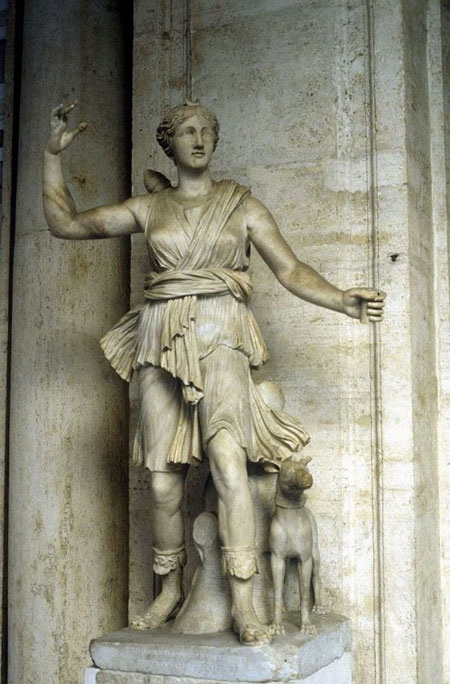The Queen of May
The holiday of May Day is primarily celebrated in the northern hemisphere and occurs annually on May 1st. Modern day reasons for celebration of this day vary widely, as do the methods, but its origins are well known. Where did this celebrated day come from? Just who was the Queen of May? Should you take part in May Day traditions?
May Day was observed in many pre-Christian European pagan cultures. The first day of May was also the first day of summer. It was celebrated in anticipation of the mid-summer solstice occurring on June 21st.
According to TheHolidaySpot.com, May Day in America has not been met with near as much fervor as in Britain or mainland Europe, due to Puritan disdain for the day. The site states that, “the tradition of celebrating May Day by dancing and singing around a maypole … survived as a part of the English tradition. The kids celebrating the day by moving back and forth around the pole with the streamers, choosing … [a] May queen, and hanging … May baskets on … doorknobs … are all the leftovers of the old European traditions” (Emphasis mine throughout).
An essay written by Samuel Taylor Coleridge, an English poet, critic and philosopher, in 1850, speaks to the origin of May Day and the Queen of May. Coleridge states, “The leisure days after seed-time had been chosen by our Saxon ancestors … [to have] conventions of the people … [namely] … the Pagan festival of Whitsuntide …"
The essay goes on to state that, “Its [meaning the pagan festival’s] original name is Wittentide, the time of choosing the wits or wise men to the Wittena-gemotte [the assembly of the wise men]. It was consecrated to Hertha, the Goddess of Peace and Fertility … The vassals met upon the common green around the May-pole, where they elected a village lord, or king, as he was called, who chose his queen…” (Coleridge, Essays on his own times, p 137).
The Bible, also, speaks of a goddess queen of fertility. We read of this queen in Acts 19:35.
“Men of Ephesus, what man is there who does not know that the city of the Ephesians is temple guardian of the great goddess Diana, and of the image which fell down from Zeus?”
Who was Diana of the Ephesians? She is known from antiquity as “Artemis Ephesia, an Anatolian fertility goddess…” (http://formerthings.com/dianaephesians.htm).

From the distant past to modern times, this goddess of fertility has been worshiped. Even among many professing Christians, the desire to glorify a Queen remains; the Roman church praises Jesus’ mother Mary as "Queen of the Apostles" and even "Queen of Heaven." In ancient Greece, the month of May was dedicated to Artemis, goddess of fertility. Interestingly, in popular Catholic piety today, May is considered to be Mary’s "coronation month"—a time when she receives special adoration.
The clear answer as to whether one should observe traditional May Day celebrations must be “No!” based on their pagan roots. The Living God has given us wonderful Holy Days that are relevant to our day, commanded to be kept, and rich in meaning. They are free from syncretism, false tradition, and idolatry.
To learn more about the Holy Days of God, request our informative booklet, “The Holy Days: God’s Master Plan.” Also, request our booklet, Satan’s Counterfeit Christianity to gain insight and understanding vital to your very life in these last days.
Stay up to date with our Weekly Digest Email!
Tomorrow's World ComMentary Podcast
Subscribe to Tomorrow's World Commentary podcasts on iTunes and Google Play!



